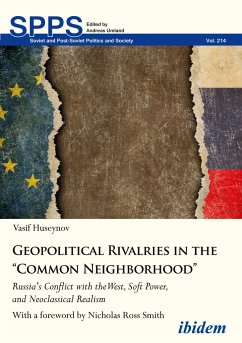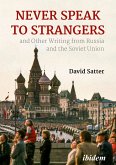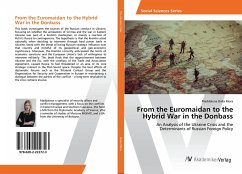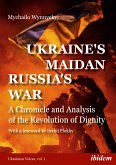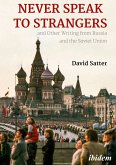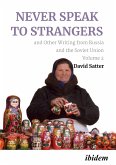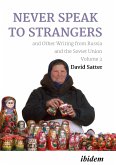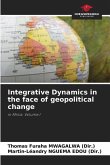This timely book analyses ¿soft power¿ in the light of neoclassical realist premises as part of the foreign policy toolkit of great powers to expand their sphere of influence. Vasif Huseynov argues that if nuclear armed great powers compete against the same type of powers to expand or sustain their sphere of influence over a populated region, they use soft power as a major expansive instrument while military power remains a tool to defend themselves and back up their foreign policies. Presenting his model of soft power, the author explores the role of soft power projection by great powers in the formation of the external alignment of regional states. He focuses on the rivalries between Russia and the West (i.e. the EU and the USA) over the states located between the EU and Russia (the region known as the ¿common [or shared] neighborhood¿) and on two of these regional states (Ukraine and Belarus) to test his hypotheses.
"Huseynov offers a deep and thoughtful but critical reflection on and application of IR theories. He subscribes to a modified variant of the neoclassical realist school and proceeds from there to cover the relationship between external great powers in rivalry and their influence on or use of domestic social and political forces in countries they would like to control, or even to bring them into their orbit of influence."-Peter W. Schulze, Co-Founder, "Dialogue of Civilizations" Research Institute, Berlin "Huseynov systematically analyses various soft power strategies of great powers. He shows how great powers financed, partially founded, and politically supported specific domestic groups, which then supposedly influenced the foreign policies of their governments. This is a very informative contribution and provides highly interesting information."-Anja Jetschke, Professor of International Relations, University of Göttingen

